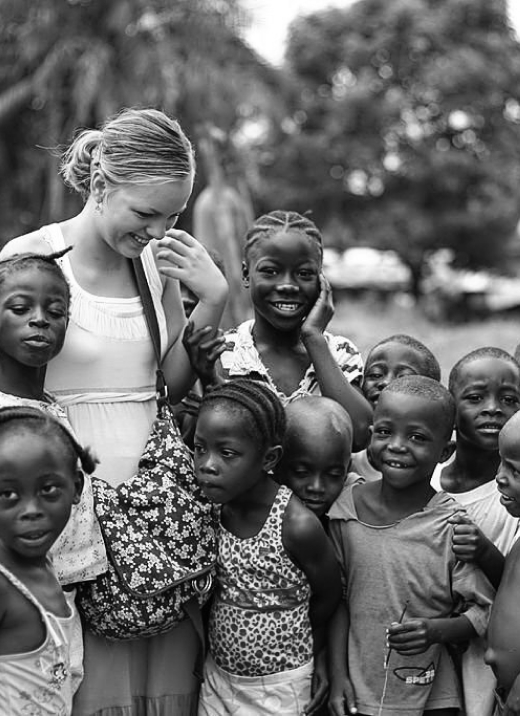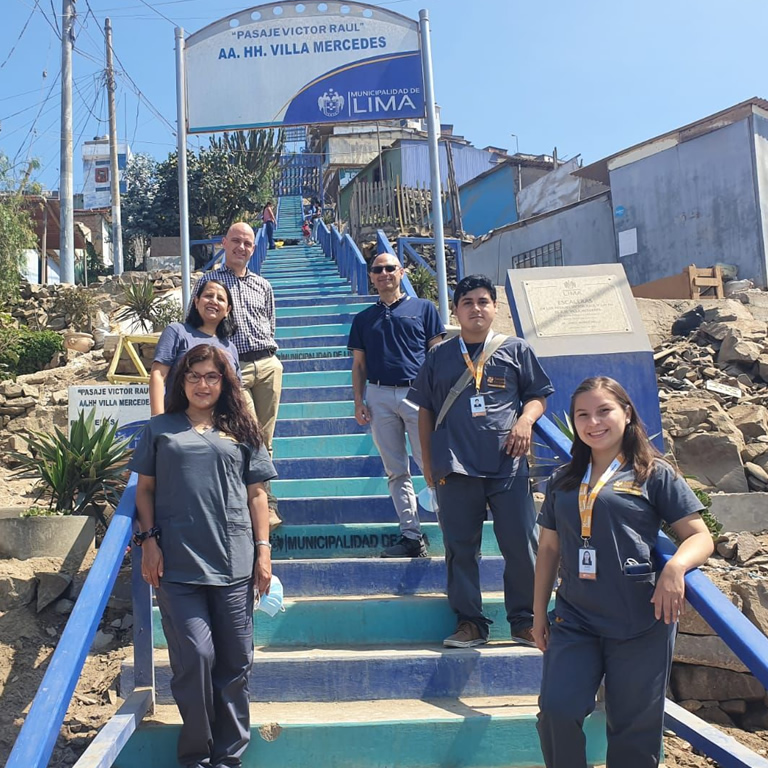Pierce Division efforts
Training & Education
The training of psychiatry and psychology as disciplines of clinical practice can be an innovation in many global settings. Separate from clinical training, psychiatry and psychology training programs can benefit from incorporating global mental health concepts (such as task sharing, humanitarian response, and sociocultural competency) into general curricular development. At an individual practitioner level, a truly “global” clinical practice benefits from an interdisciplinary and adaptive approach to working in complex and unfamiliar environments with
people who may be marginalized or less advantaged in their community or society, and appreciation of the limitations of biomedical approaches as well as the need to prioritize local conceptualizations of illness and healing.
The integration of global mental health concerns deepens the capacity of the mental health professions to most effectively act to confront urgent global challenges to public mental health— as well as to address structural challenges within the field of psychiatry itself. Pierce Division faculty are engaged in various domestic and trans-national collaborations focused on building capacity to deliver sustained medical student rotations in psychiatry, psychiatry residency
training programs, health care worker community health curricula in neurology, psychiatry, psychological and psychosocial interventions, and education in global mental health. Efforts include the deepening of global and community mental health training program within the MGH/McLean psychiatry residency program.

AdditionAL INfo

The need for training and education to support capacity building in mental health globally
Addressing the significant global burden of mental illness and inequities in mental health care access requires the sustainable development of local systems and services. Global mental health training should be approached collaboratively with an emphasis placed on bi-directional
training, multi-specialty training, collaboration, and resource sharing between high-resource and under-resourced settings. Capacity building is at the core of sustainable mental health care program development and scaling of care, research, and policy, especially as it relates to strengthening human resources. This cannot be accomplished without a focus on training and education in many contexts, across a range of content areas. Psychiatry training programs can benefit from incorporating global mental health concepts (such as task sharing, humanitarian response, and sociocultural competency) into general curricular development. They can develop global training pathways that incorporate both local and international training and global partnerships, collaboration, and capacity building.
Academic institutions can transnationally collaborate to support bi-directional global mental health training through the development of professional career trajectories within the field of global mental health, as well as building supportive international collaborations. Training efforts can encompass multiple areas essential to mental health care system development, including service delivery, quality improvement, research methods (qualitative and quantitative), policy development, advocacy, and leadership. It includes experiences drawn from the social sciences of history, anthropology and cultural studies, and sociology, as well as preparation of trainees as managers and leaders who work within health systems and who are ready to bridge with other sectors (i.e., finance, law, education).
